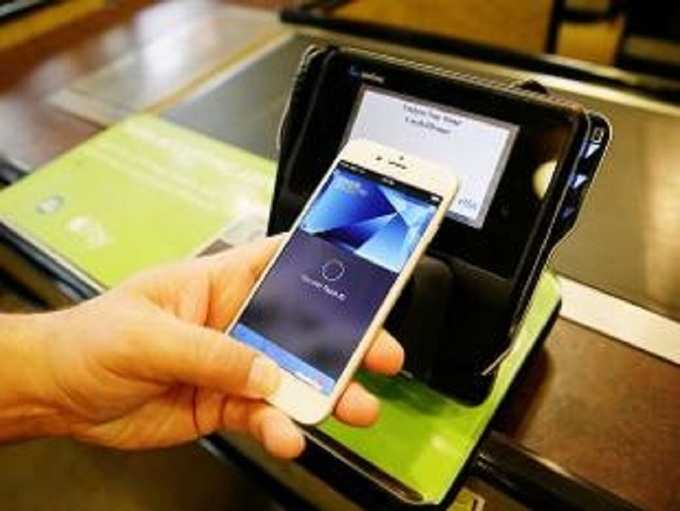 In a recent move,
In a recent move, This move by RBI was made to make things easier for cab aggregators like Uber and Ola and other online merchants to accept cards. The RBI's insistence on a second factor authentication (in the form of a one-time password, or
However, In future, if they agree to register with the merchant, they can complete the payment by entering a password authenticated by the card network.
Customers opting for this facility will go through a one-time registration process, requiring entry of card details and additional factor authentication by the issuing bank. In this model, the card details already registered would be the first factor while the network-provided password would be the additional factor of authentication.
Earlier, RBI relaxed the second factor authentication requirement for transactions in shops using near field communication (NFC) or contactless cards.
“There had been a representation from the industry to relax the two-factor authentication norms for low-value transactions,” Vijay Jasuja, MD & CEO, SBI Cards, told ET.
According to the RBI circular, it has been receiving requests from certain segments of the industry for reviewing the requirement of additional factor authentication for low-value online card-not-present (
The RBI said that it was not happy with merchant-specific solutions as an alternative. But a solution by card networks (Visa ,MasterCard, RuPay) is expected to meet the objective of customer convenience with sufficient security for low-value transactions.
"This is a very elegant solution as it will prevent dropout of transactions without diluting the security of the payment architecture," said TR Ramachandran, country head, Visa.
(image: IndiaTimes)
